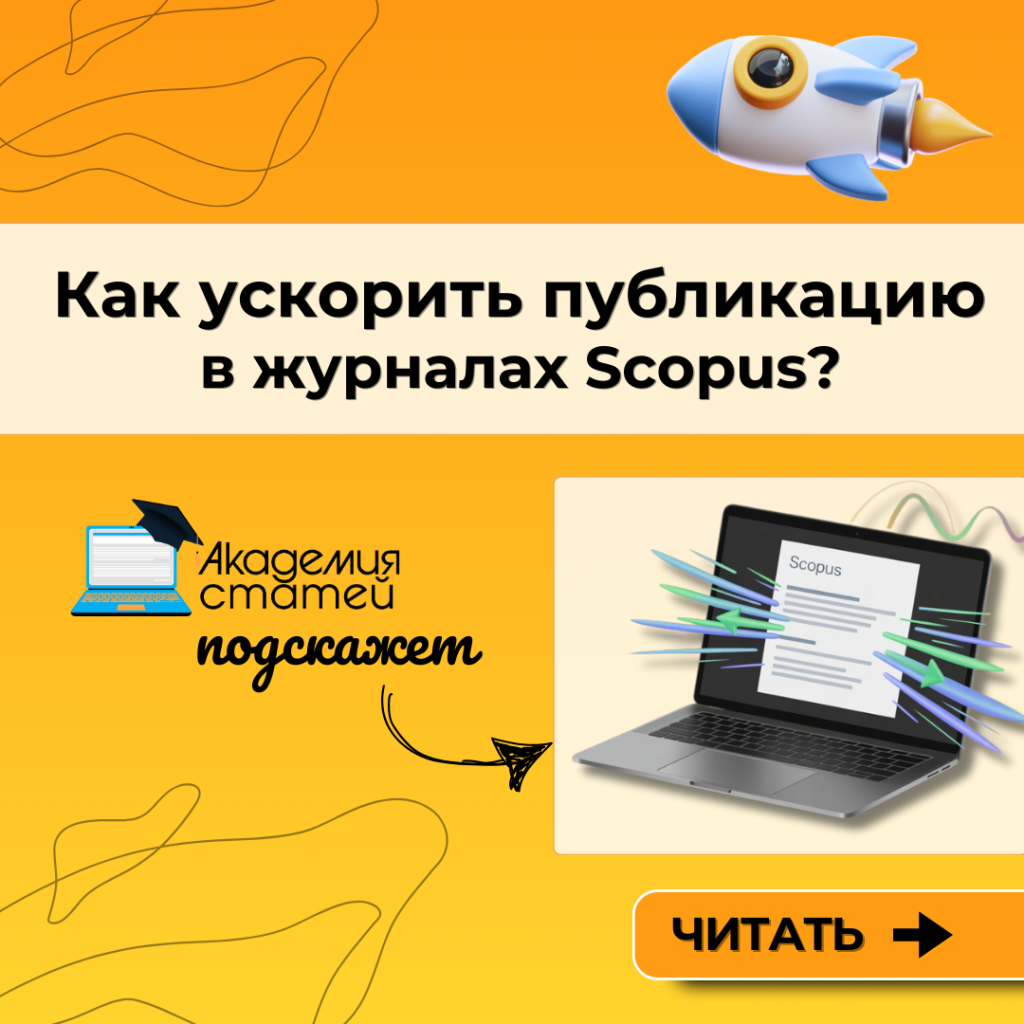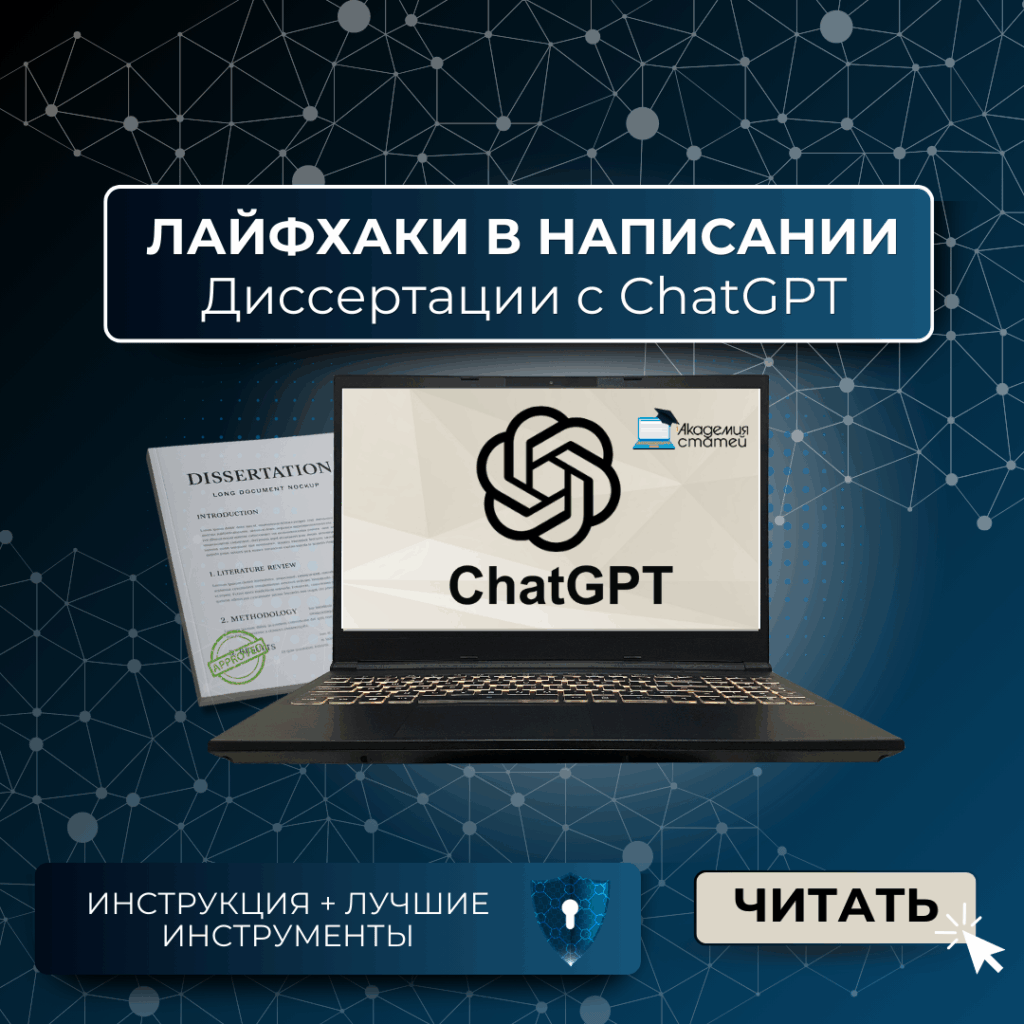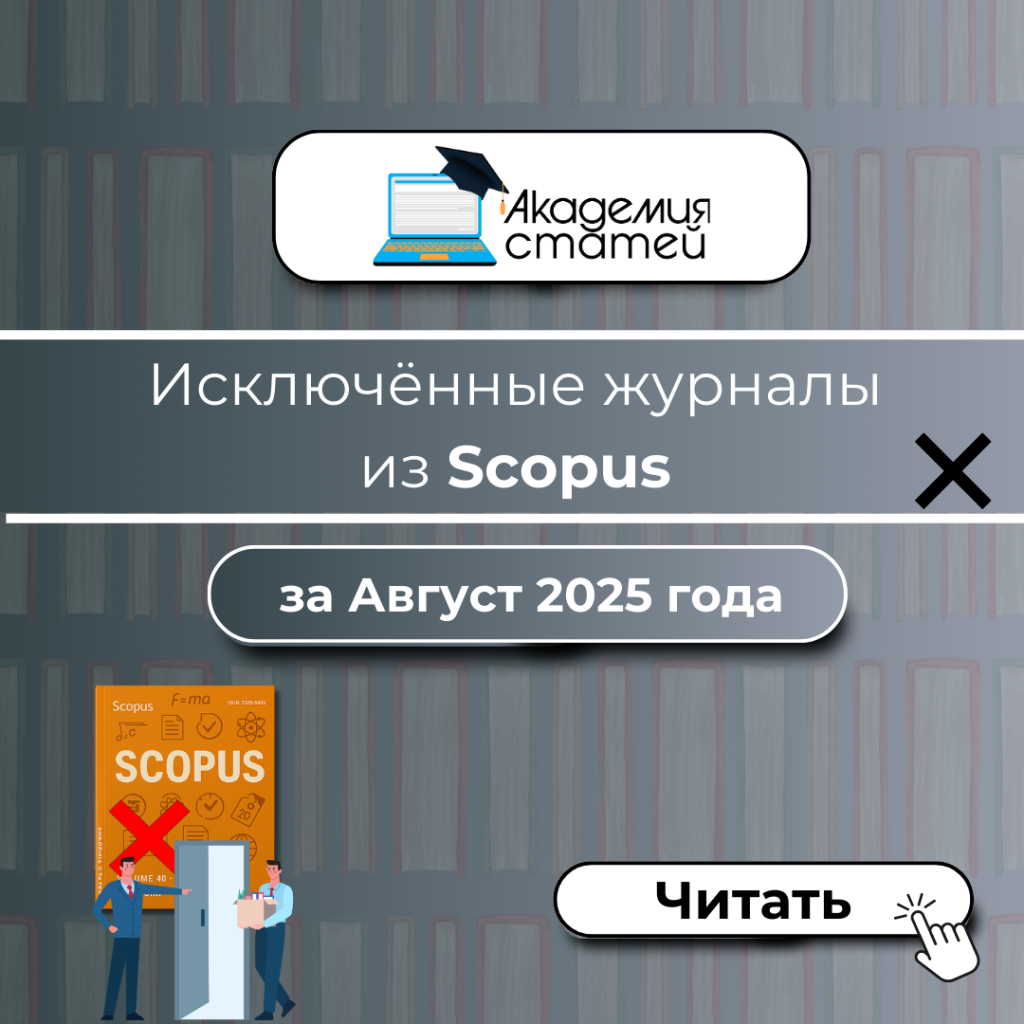Recently, there has been a significant increase in the number of publications by Kazakhstani researchers in predatory journals, especially those with high Scopus percentiles. Such publications attract authors with promises of rapid publication, but can cause serious harm in the long run. In the Republic of Kazakhstan, a mandatory requirement for defending a dissertation or receiving an academic title is that the journal must be active at the time of these events. Therefore, we have prepared a brief guide to help you pre-screen a journal and avoid publication in a predatory publication.
The main reason for publication in predatory publications by Kazakhstani scientists
One of the mandatory requirements for defending a dissertation or receiving an academic title is publication in high-percentile journals. Kazakhstani scientists strive to publish their research as quickly and effortlessly as possible. This is why they often fall into the trap of predatory journals.
Most often, this occurs after receiving an invitation to publish via email. The editors promise quick publication times for a fee. At first glance, such publications adhere to all scientific standards and raise no suspicions. Scientists submit their article, and the journal quickly accepts it without proper peer review. The authors are delighted that their article has been accepted, pay for the publication, and the material is quickly published, sometimes even indexed in Scopus. However, along with their article, the journal begins to publish dozens, hundreds, and sometimes thousands of similar papers. As a result, the journal is subject to review and excluded from Scopus. This is one of the most common scenarios, causing many scientists to lose money, time, and frustration.
Instructions: How to avoid this
1. Critically evaluate the publication that invites you to publish.
Inviting articles for publication is not prohibited—it's a good marketing tool. However, it's important to pay attention to the content of the letter. If it promises quick review and publication, that's a warning sign. Even if you submitted an article to such a journal and it was accepted within days without proper review, it's best to decline the publication and find a more reliable outlet.
2. Analyze Aims & Scope.
Check whether the published articles are relevant to the journal's stated scope. For example, if an economics journal begins publishing materials on medicine, this is cause for concern. To check, review the latest archived issues.
3. Estimate the number of articles in the issues.
If the number of publications in a journal has increased sharply recently, this is an alarming signal.
4. Check reviews of the magazine on Scimago.com.
Unscrupulous journals often have negative comments from scientists.
5. Analyze the quality of articles in the journal.
Look at the articles from the last three or four issues. If they're only five or six pages long and the bibliography consists of five to ten poorly formatted sources, that's cause for concern.
Conclusion:
The problem of publishing in predatory journals is becoming increasingly pressing for Kazakhstani scientists. Mandatory publication requirements in high-percentile journals force many researchers to seek quick and convenient options, often leading to collaborations with unscrupulous publishers. The main danger of such journals is that they can lose their indexation, depriving scientists of their published results, as well as wasted time and money.
To avoid publication in predatory journals, it's essential to critically evaluate invitations received, analyze the journal's relevance to its scope, check the number of publications, read reviews on specialized platforms, and evaluate the quality of existing papers. Following these simple guidelines will help scientists maintain their reputation and ensure high-quality scientific publications.






